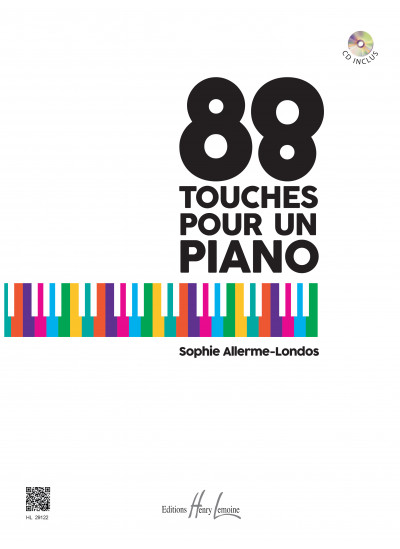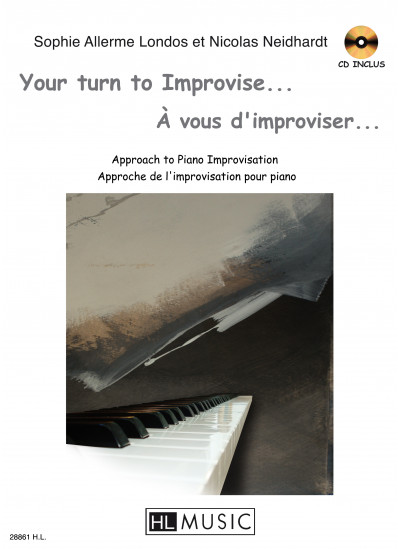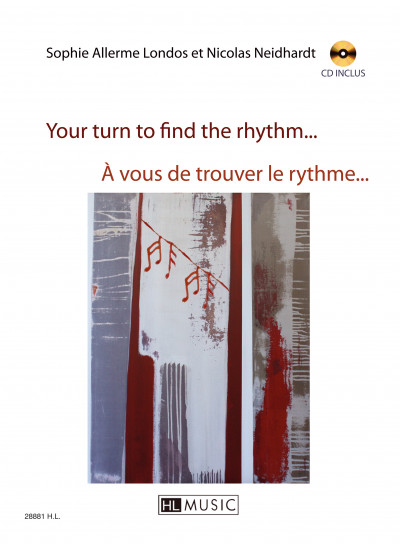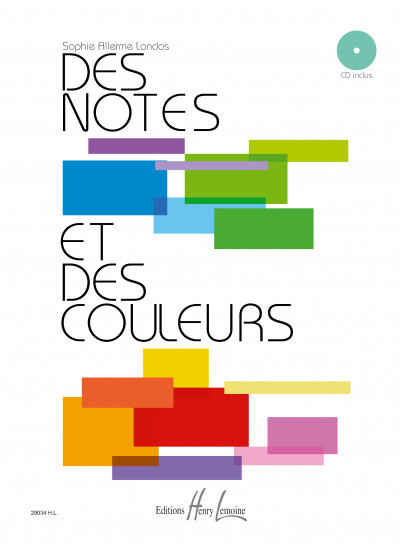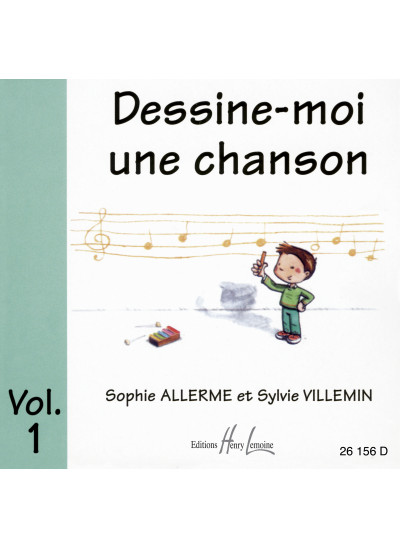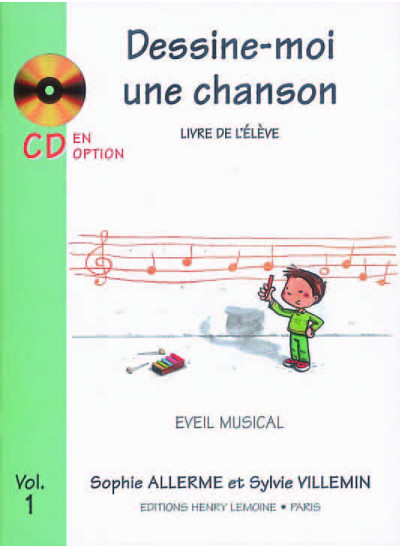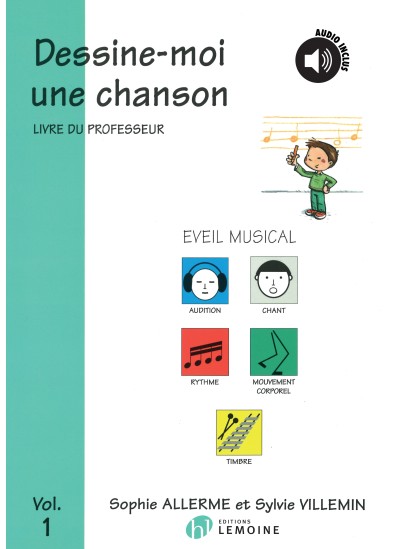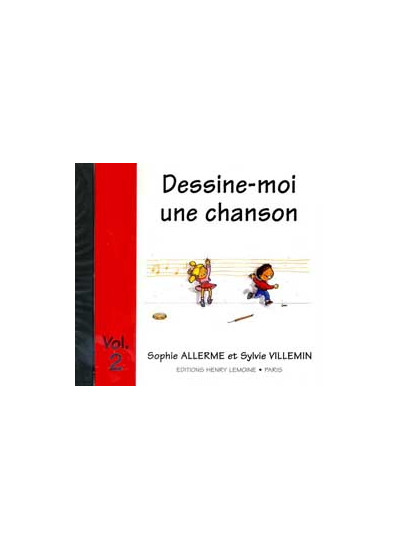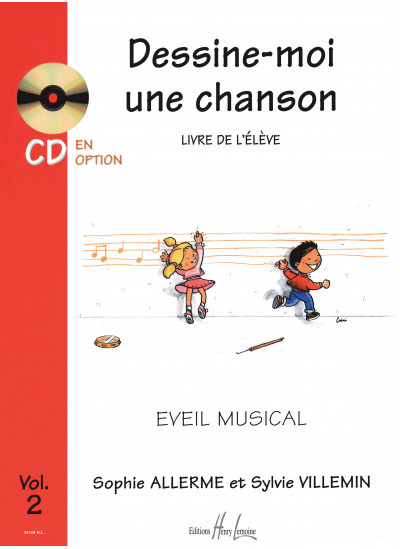
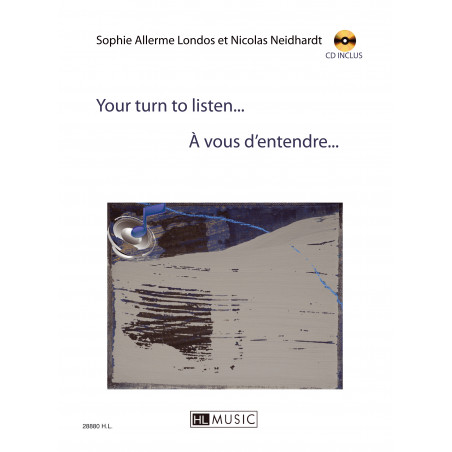

A vous d'entendre... - Your turn to listen...
Play
a sample
Absolute pitch, as compared the relative pitch, is the ability to identify a musical note without any reference. In the Western World, only one person out of 10.000 has an "active" absolute pitch, meaning they would be able to sing a correctly pitched note without any reference note. The famous Juilliard School of Music, in New York, failed in trying to train their students to have an absolute pitch.
As absolute pitch is a precise way to recognize and to identify a sound, the military forces, particularly Marines, were interested in this peculiarity. But this was before improvements in electro-acoustics.
Absolute pitch is the ability, for a percentage of musicians, to recognize and determine, without any previous reference, the name of one or several successive or simultaneous notes.
NN: Sophie, you have absolute pitch. Explain us how that works...
SA: I can put the name of a note on any sound, no matter where it comes from. This works only because I have knowledge in musical theory and I keep practicing.
NN: Does this mean that you were born with absolute pitch and that there's probably a lot of people out there who are not aware of their gift ?
SA: Indeed. Every person who has absolute pitch will only discover it once they have studied the language of music.
NN: Is it a good thing for a musician to have absolute pitch ?
SA: A couple of disadvantages too. When the reference pitch changes (say a tape played with a speed variation), the absolute pitch does not recognize the real pitch of the notes anymore. Plus it's difficult to impossible to listen to a sound with an approximate pitch.
What about you ? You have a relative pitch. What's the difference between relative and absolute pitch ?
NN: I always need a reference pitch to name a note. From there, I have my own method for "calculating" the intervals.
SA: Does this relative pitch require specific work ?
NN: Yes it does. Learning the intervals was certainly a longer process for me. On the other hand, I can deal with "out of pitch" instrument or recording. It doesnt bother me to play on a piano thats been tuned to 445...
Whatever sense of pitch, absolute or relative, this method is meant for you ! Your Turn To Hear is the perfect complement to Your Turn To Improvise. We would recommend the parralel use of the two books as their content is interactive. Of course Your Turn To Hear can be used as a stand-alone.
Ear-training is essential for the learning process of music, especially for improvisation (as nothing is written out). We will help you to train your ear using simple and entertaining exercises (a CD is enclosed).
This learning process is based on developing your relative pitch and the analysis of intervals.
In order to improve quickly, we recommend that you practice regularly. Everyone will progress on their own speed, depending on the level they have previously achieved. Results come according to one's work habits.
Before you start: every exercise needs to be performed using the corresponding indexes on the audio CD. Every index of the audio CD starts with a reference note followed by an exercise in which examples will be repeated three times.
The exercices were conceived in the following way: after listening to a chord or musical phrase, you will have to check or circle the right solution out of the multiple choices (generally 3). The number of right answers generates a "score". You need to reach at least the "minimum score" before going on to the next chapter






